
Sanshin Zen Community's Podcast
Sanshin Zen Community
Sanshin Zen Community is an international Buddhist sangha founded in 1996 by Shohaku Okumura, a Soto Zen priest and respected translator of the thirteenth-century Japanese Zen master, Eihei Dogen Zenji. Based at Sanshin-ji, in Bloomington, Indiana, Sanshin exists to provide intensive practice of zazen in the style of Kosho Uchiyama-roshi, informed by thorough study of Dogen's teachings and communal work. Sanshin offers opportunities for daily practice, weekly Dharma talks, monthly retreats, and a three-month ango (intensive practice period). Activities are open to all Buddhist practitioners, as well as anyone with a sincere interest in the practice of Zen.
- 48 minutes 31 secondsTenzo Kyōkun 7 – Putting the Mind of the Way to Work
This talk continues Shohaku Okumura Roshi’s commentary on Dogen Zenji’s Tenzo Kyokun – Instructions for the Zen Cook. (Covering the third paragraph on page 37).
In the previous paragraph of Tenzo Kyōkun, Dōgen said we should see things not with our common eyes, but we should see things with the dharma eye or Buddha’s eye; and here he’s saying: anyway, we do have a competitive mind. How can we use this competitive mind for our practice? First he said: “If you’re resolute in your intention and are most sincere, you will vow to be more pure-hearted than the ancients and surpass even the elders in attentiveness.”
So he said that instead of competing with the contemporaries, the people around you, you should compete with the ancient masters, or elders. This is kind of a tricky thing, an interesting thing. Dōgen said when we really, sincerely want to work as a tenzo, in order to develop or improve our ability to make better dishes, somehow we need to compete; compete with ourselves and compete with others. How can we use this competitive mind to become better?
Listen to the podcast for more.
This talk was originally given at Sanshinji in Bloomington, IN on September 26, 2007. Please consider supporting Okumura Roshi's teachings and the activities of Sanshin Zen Community by making a contribution on this podcast's page (http://sanshin.podomatic.com), at Sanshin's home page (http://sanshinji.org/home/), or at the Dōgen Institute website (http://dogeninstitute.org/home/donate/).
26 January 2018, 11:20 pm - 58 minutes 20 secondsTenzo Kyokun 6 - Seeing Things With a Buddha EyeThis talk continues Shohaku Okumura Roshi’s commentary on Dogen Zenji’s Tenzo Kyokun – Instructions for the Zen Cook. (Covering the second paragraph on page 37).
Beginning with the passage studied in this podcast, Dōgen describes the most important point in the attitude of the tenzo. The meaning of Dōgen’s admonition is very clear: don’t complain. The tenzo receives food ingredients from storage, and whatever the tenzo receives, they don’t complain, they just accept things as they are and work together with those things to make them into the best food or dish possible.
But if we carefully read the expressions and sentences, what Dōgen is saying is not so simple. Of course, the meaning is to avoid “like and dislike.” But the reason for that attitude is very deep and important within the essence of Buddhist teaching. In the English translation alone, we cannot see that connection.
Listen to the podcast for more.
This talk was originally given at Sanshinji in Bloomington, IN on September 12, 2007.
Please consider supporting Okumura Roshi's teachings and the activities of Sanshin Zen Community by making a contribution on this podcast's page (http://sanshin.podomatic.com), at Sanshin's home page (http://sanshinji.org/home/), or at The Dōgen Institute (http://dogeninstitute.org/home/donate/) website.14 October 2017, 7:22 pm - 1 hour 25 minutesTenzo Kyokun 5 - Receiving our life
This talk continues Shohaku Okumura Roshi’s commentary on Dogen Zenji’s Tenzo Kyokun – Instructions for the Zen Cook. (p. 36).
Okumura Roshi speaks about the tenzo’s attitude toward his work in the kitchen: the importance of not judging the quality of the ingredients that are provided. Just prepare them carefully, paying attention to the three important things in cooking: quality, quantity, and timing.
The tenzo’s life is at the intersection between discrimination and non-discriminating. He receives the food with no judgment and then makes determinations about the best way to use it. This is mind (as subject) and things (as object) working together as zenki – total function.
This talk was originally given at Sanshinji in Bloomington, IN on September 9, 2007.
Please consider supporting Okumura Roshi's teachings and the activities of Sanshin Zen Community by making a contribution on this podcast's page, at Sanshin's home page, or at the Dōgen Institute website.
30 September 2015, 10:00 am - 1 hour 10 minutesThe bankruptcy of self-power
This talk continues Shohaku Okumura Roshi’s commentary on the modern classic Opening The Hand of Thought written by his teacher Kosho Uchiyama Roshi. (Section 4, p.66).
Okumura Roshi continues the theme of his previous talk, offering a description and examples of “self-power” and “other power” in both Pure Land Buddhism and Zen.
There is no separation between self-power and other power; other power includes self-power. Yet the individual determination or personal ability of self-power cannot reach the deeper power; we need to awaken to the larger context, the interconnectedness of self and other beings, in which we are living as an individual.
This talk was originally given at Sanshinji in Bloomington, IN on November 28, 2010.
Please consider supporting Okumura Roshi's teachings and the activities of Sanshin Zen Community by making a contribution on this podcast's page, at Sanshin's home page, or at The Dōgen Institute website.
25 June 2015, 2:45 am - 1 hour 22 minutesTenzo Kyokun 4 - Things in their natural places
This talk continues Shohaku Okumura Roshi’s commentary on Dogen Zenji’s Tenzo Kyokun (p. 35).
Okumura Roshi discusses the importance of cooking the rice carefully and returning the kitchen utensils to their appropriate places. In this way, we can study dharma in our everyday lives—by attending to and valuing things without discriminating mind.
This talk was originally given at Sanshinji in Bloomington, IN on June 20, 2007.
Please consider supporting Okumura Roshi's teachings and the activities of Sanshin Zen Community by making a contribution on this podcast's page (http://sanshin.podomatic.com), at Sanshin's home page(http://sanshinji.org/home/), or at The Dōgen Institute (http://dogeninstitute.org/home/donate/) website.
13 January 2015, 12:00 pm - 55 minutes 45 seconds“I” effort: self-power and other-power
This talk continues Shohaku Okumura Roshi’s commentary on the modern classic Opening The Hand of Thought written by his teacher Kosho Uchiyama Roshi. (Section 4, p.66) Okumura Roshi describes two categories of Buddhism: ji riki (self-power) and ta riki (other-power). Traditionally, Zen is considered to be “self-power” and Pure Land Buddhism to be “other-power,” but Uchiyama Roshi says that our practice of zazen is before separation between self-power and other-power. This talk was originally given at Sanshinji in Bloomington, IN on November 14, 2010.
Please consider supporting Okumura Roshi's teachings and the activities of Sanshin Zen Community by making a contribution on this podcast's page (http://sanshin.podomatic.com), at Sanshin's home page (http://sanshinji.org/home/), or at The Dōgen Institute (http://dogeninstitute.org/home/donate/) website.
21 November 2014, 12:00 pm - 1 hour 39 minutesTenzo Kyokun main text 3
This talk continues Shohaku Okumura Roshi's commentary on Dogen Zenji's Tenzo Kyokun. Okumura Roshi discusses the difference between our normal attitude toward preparing food and the teaching Dogen Zenji offers to the tenzo. Preparing meals is a metaphor for making choices about the lives we live. It was originally given at Sanshinji in Bloomington, IN on May 23, 2007.
Please consider supporting Okumura Roshi's teachings and the activities of Sanshin Zen Community by making a contribution on this podcast's page (http://sanshin.podomatic.com) or at Sanshin's home page (http://sanshinji.org/home/)
14 January 2014, 4:37 pm - 1 hour 29 minutesTenzo Kyokun: main text II
This talk continues Shohaku Okumura Roshi's commentary on Dogen Zenji's Tenzo Kyokun. It was originally given at Sanshinji in Bloomington, IN on May 16, 2007.
Please consider supporting Okumura Roshi's teachings and the activities of Sanshin Zen Community by making a contribution on this podcast's page (http://sanshin.podomatic.com) or at Sanshin's home page (http://sanshinji.org/home/)
19 November 2013, 12:00 pm - 1 hour 33 minutesTenzo Kyokun: main text I
This talk continues Shohaku Okumura Roshi's commentary on Dogen Zenji's Tenzo Kyokun. In this talk he begins addressing Dogen's Instructions for the Cook directly. It was originally given at Sanshinji in Bloomington, IN on May 9, 2007.
Please consider supporting Okumura Roshi's teachings and the activities of Sanshin Zen Community by making a contribution on this podcast's page (http://sanshin.podomatic.com) or at Sanshin's home page (http://sanshinji.org/home/)
5 November 2013, 12:00 pm - 1 hour 34 minutesTenzo Kyokun and the Eihei Shingi
This talk is part of Shohaku Okumura Roshi's commentary on Dogen Zenji's Tenzo Kyokun. He discusses the history of monastic practice in China, the creation of monastic regulations (Shingi), and the Eihei Shingi in which we find the Tenzo Kyokun. It was originally given as part of the 2007 practice period at Sanshinji in Bloomington, IN on April 25, 2007
Please consider supporting Okumura Roshi's teachings and the activities of Sanshin Zen Community by making a contribution on this podcast's page (http://sanshin.podomatic.com) or at Sanshin's home page (http://sanshinji.org/home/)
22 October 2013, 11:00 am - 1 hour 44 minutesTenzo Kyokun, Yogacara and Madhyamika
This talk continues Shohaku Okumura Roshi's commentary on Dogen Zenji's Tenzo Kyokun. This talk includes a substantial introduction to the Yogacara (Mind-only) and Madhyamika schools and their relationship to our practice of Dogen's teaching. It was originally given during the 2007 practice period at Sanshinji in Bloomington, IN on April 18, 2007
Please consider supporting Okumura Roshi's teachings and the activities of Sanshin Zen Community by making a contribution on this podcast's page (http://sanshin.podomatic.com) or at Sanshin's home page (http://sanshinji.org/home/)
8 October 2013, 11:00 am - More Episodes? Get the App
Your feedback is valuable to us. Should you encounter any bugs, glitches, lack of functionality or other problems, please email us on [email protected] or join Moon.FM Telegram Group where you can talk directly to the dev team who are happy to answer any queries.
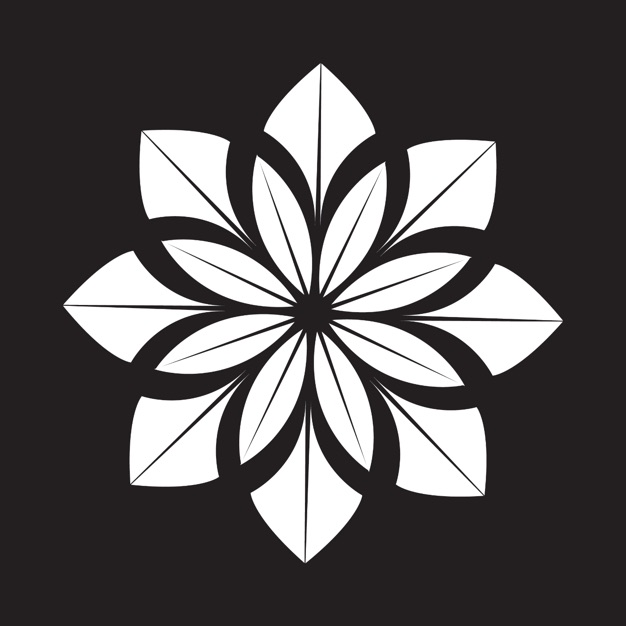 Boundless Way Temple Dharmacast
Boundless Way Temple Dharmacast
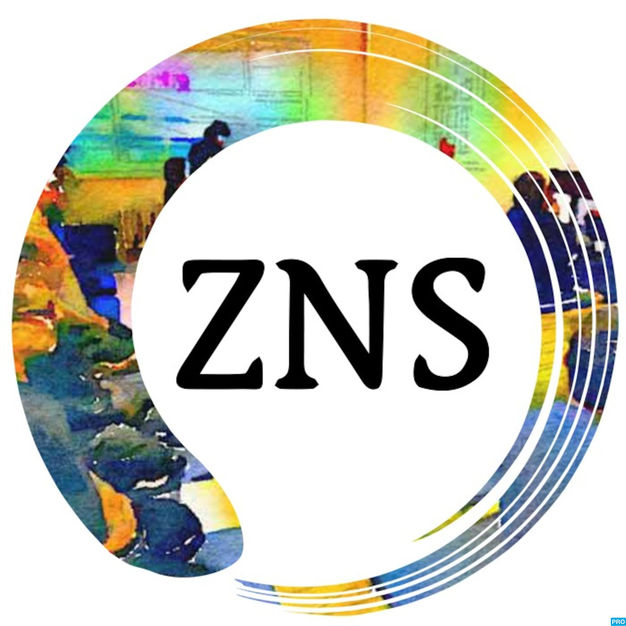 Zen Nova Scotia
Zen Nova Scotia
 Treeleaf Zendo Podcasts
Treeleaf Zendo Podcasts
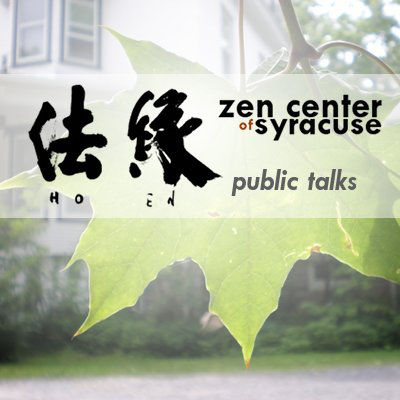 Zen Center of Syracuse Hoen-ji: Dharma Talks
Zen Center of Syracuse Hoen-ji: Dharma Talks
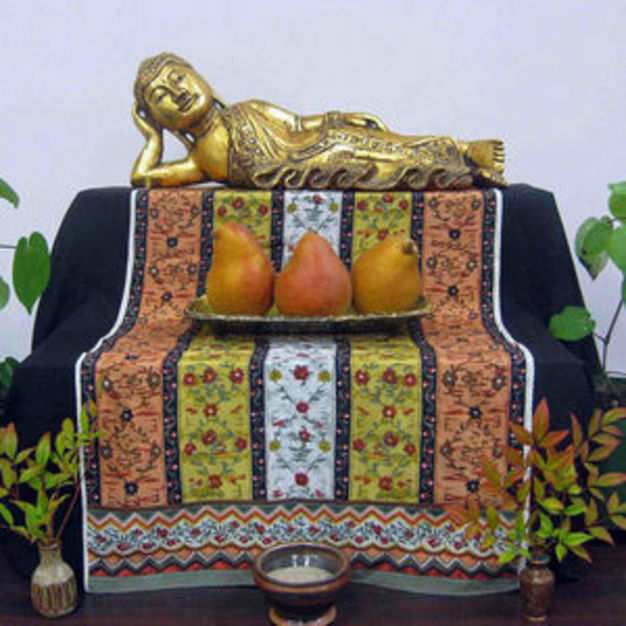 Auckland Zen Centre: Weekly Podcasts
Auckland Zen Centre: Weekly Podcasts
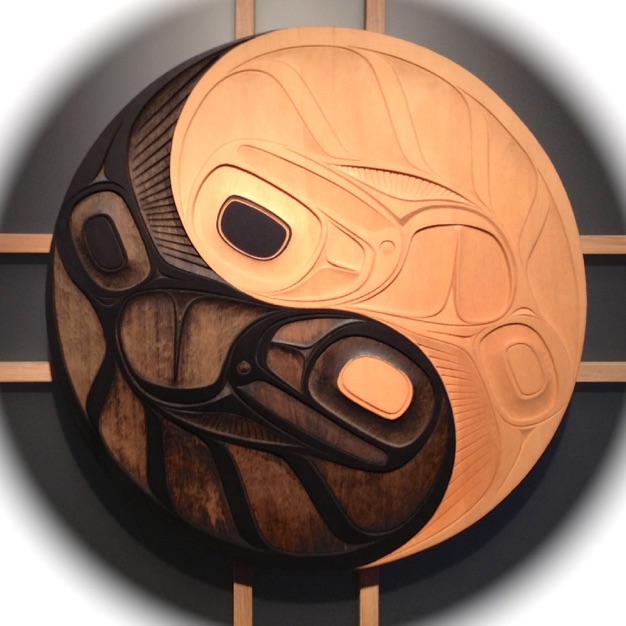 Chobo-Ji's Zen Podcast
Chobo-Ji's Zen Podcast